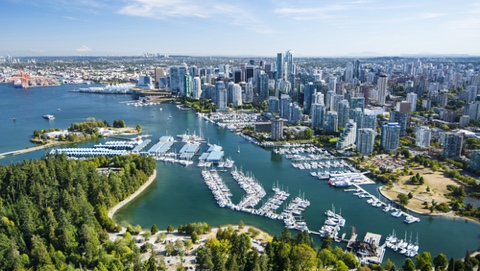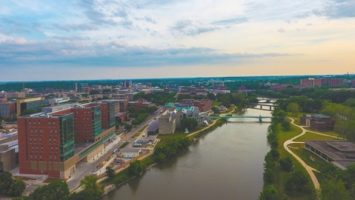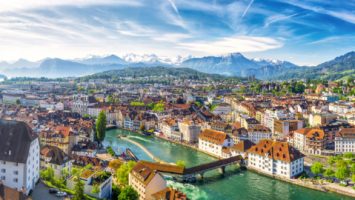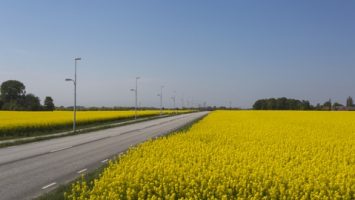
One of the target’s of the City of Vancouver’s Greenest City Action Plan – developed in 2011 – was to increase city-wide and neighborhood food assets by a minimum of 50% over 2010 levels. Food assets were defined as community gardens, kitchens, composting facilities, farmers markets, community orchards, and urban farms. The city recently announced it has exceeded its local food target two years earlier than expected – having created more than 5,000 food projects.
“The local food movement is booming,” said Mayor Gregor Robertson. “It’s never been more popular for residents to grow their own food, buy local and support local food programs.”
The city defined three highest priority actions in order to achieve this goal:
- developing a draft municipal food strategy to coordinate all aspects of the food system – creating links and synergy between city departments and the Vancouver Food Policy Council, community partners, and other programs;
- growing more food in the city – five to six new community gardens plus one new urban farm per year was planned, along with a plan to increase the number of farmers markets within the city; and,
- making local food available in community centers, parks, neighborhood houses, and other city-run facilities through a local food procurement plan.
The Vancouver Food Policy Council is an official civic agency that works to help improve food sustainability in Vancouver by providing advice to Vancouver City Council. Members include 14 representative from specific food system areas (production, processing and distribution, retail, access and consumption, and waste management), and seven at-large members. According to its mandate, the Council seeks a city where food is: safe, nutritious, and culturally appropriate; affordable, available, and accessible to all; and produced, processed, marketed, consumed, and waste products reused or managed in a manner that is financially viable, protects the health and dignity of people, and has minimal environmental impact.


